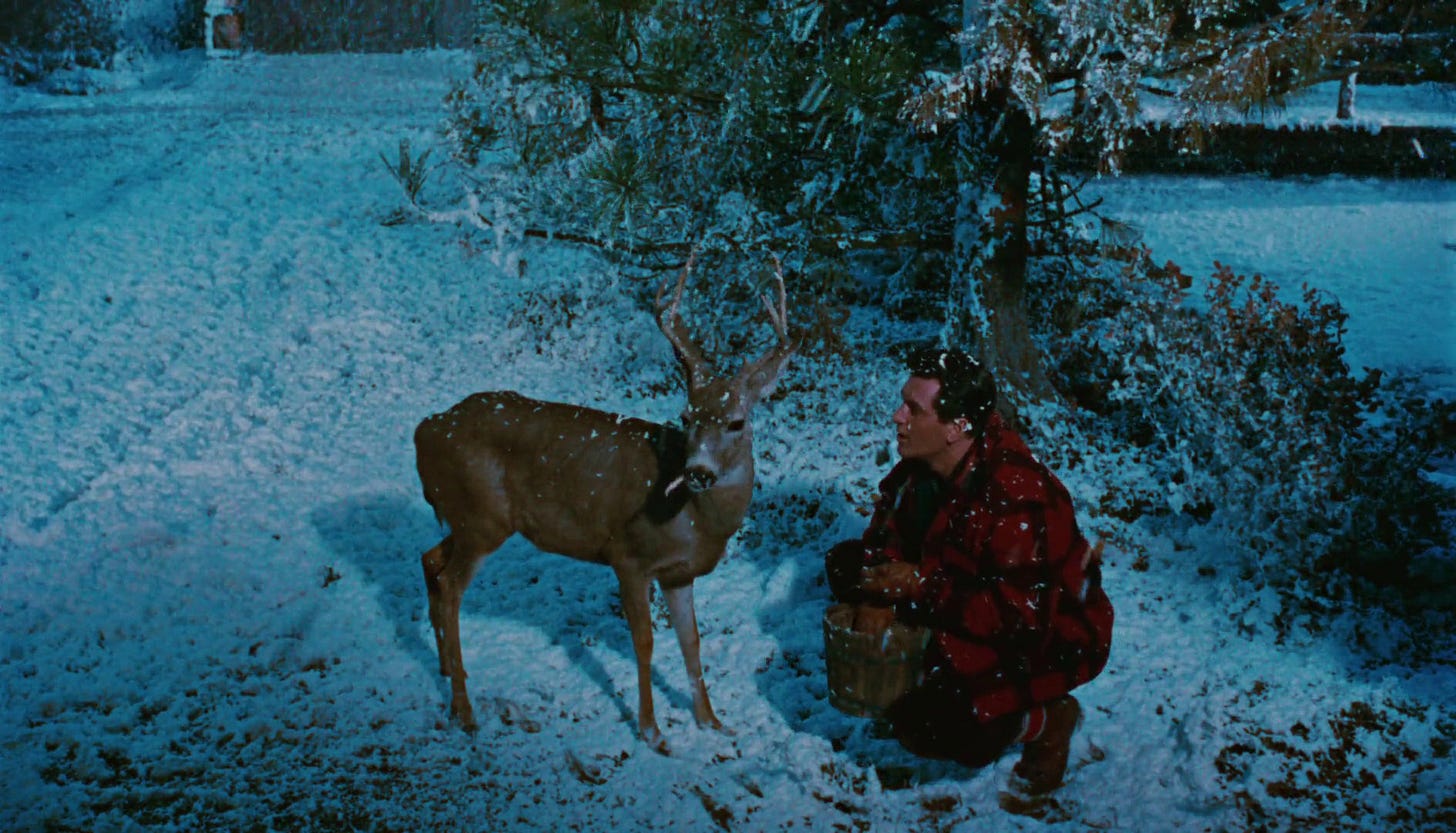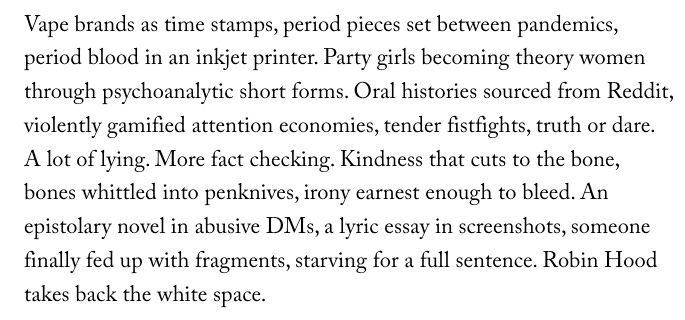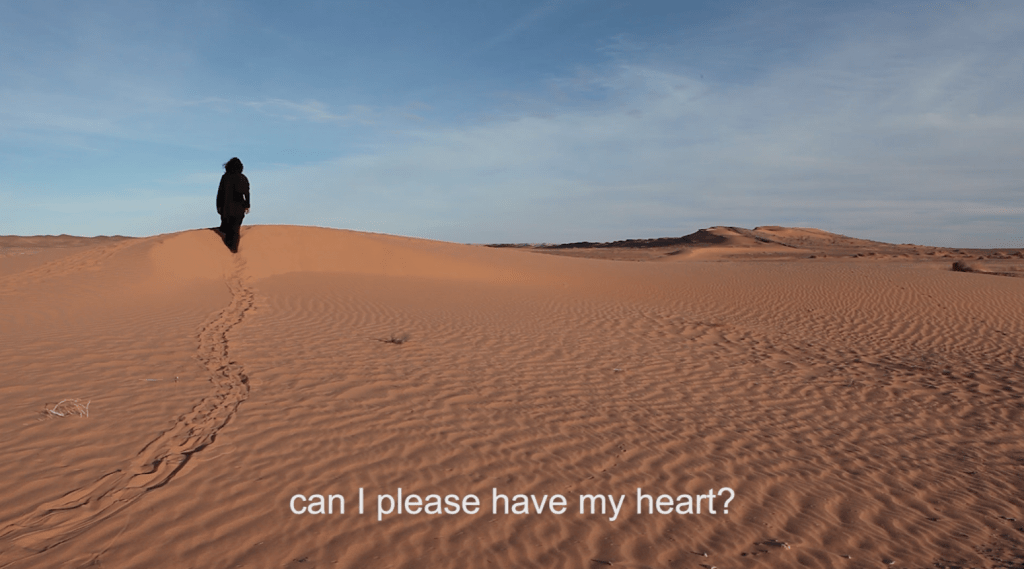Happy holidays! Free Palestine.
If you wish to avoid directly supporting this newsletter through Substack (in lieu of its CEO’s refusal to de-monetize Nazi/extremist publications), please consider tipping me via Paypal or Venmo and I’ll add you to the subscriber list. If you would like to avoid Substack entirely (which I won’t take offense to), I am one of the 60 writers who will be published on Flaming Hydra, a cooperatively-owned newsletter and writer’s group. It’s $36 for a full year’s subscription (a great deal!). Read the holiday preview here.
***
“What do they say makes a play a classic, Therese?”
“A classic… A classic is something with a basic human situation.” — The Price of Salt (1952), Patricia Highsmith
Dare I say The Price of Salt, also known as Carol, is a basic human situation? A young woman falls in love with an older, almost-divorced woman, and they take a road trip. Basic human situation: a nebulous phrase that’s meant to convey something simple (“basic”), yet universal (“human”). Also perhaps to demonstrate how unworldly Therese is to Carol.
A basic human situation requires two people, though more are certainly welcome. Two people, at the very least, whose way of being are at odds with one another, whether they realize it or not. So they fight. For power, control, or money; for freedom, love, or life. Conflict seems inevitable when the ideological discrepancy between the two parties are especially stark (power vs. freedom, money vs. love), but anyone who’s ever lived with a roommate knows that tension can arise regardless. It’s the nature of a basic human situation.
When I shake hands with a stranger or cut someone off in the carpool lane or surreptitiously elbow a tall stranger at a crowded bar, I think, I am a human engaging in a basic human situation. Not that that’s any excuse, of course.

“All you need to make a movie is a girl and a gun.”
Godard didn’t say that exactly, but we wish he did.
Like how Chekhov’s gun has to go off, if not during the first scene of its appearance then the very next. Otherwise get rid of the gun. Someone has to shoot it. Something has to happen. It’s a basic human situation.
Last month, I saw Arin Arbus’s adaptation of Waiting for Godot with Michael Shannon and Paul Sparks. For half of the play, I sat thinking: Thank God we didn’t sit in the front row or else I would be covered in Paul Sparks’ spit. For the second half, I thought: Wow, how brilliant.
Waiting for Godot is the epitome of a basic human situation. The play is about two men, Didi and Gogo, who are… waiting in a kind of No Man’s Land. Some time ago, a man named Godot made them a promise that he will come. Didi and Gogo are not certain if they have ever met Godot, nor what exactly his arrival will entail. They squabble and fight but ultimately depend on one another to make the waiting more bearable. Jobless and hungry, they contemplate hanging themselves (neither of them have any rope), but decide that the best course of action is to wait.
***
Consider this quote attributed to Barbara Loden, told to Nathalie Léger by “someone who knew Barbara well”: “She said it is easy to be avant-garde but it is really difficult to tell a simple story well.”
(Samuel Beckett, I would say, did both.)

Barbara Loden’s Wanda (1970) is about a woman who’s surrendered herself to degradation, to nothingness. This is Wanda’s basic human situation, a paradox contained within herself, which Wanda owns and accepts. She walks away from home to seek it out. When Mr. Dennis tells Wanda to get a nice hat to cover her tangled straw pony, she says she can’t. She doesn’t have anything to buy it with. “Never did have anything, never will have anything,” Wanda says, to which Dennis responds, “You’re stupid … If you don’t have anything, you’re nothing … You might as well be dead.”
And so if Wanda is already dead, what of the basic human situation (tension) between them? There is no struggle for power or freedom or life or love. Wanda operates under Mr. Dennis’s direction, acts according to his terms. Yet there are brief, illuminating moments of Wanda’s own aliveness, her situation with herself. Before the robbery, Wanda exclaims “I can’t do it,” cries, and throws up in the toilet, as if her body were rejecting the crime she was about to commit. After the robbery, Wanda hitches a ride with a stranger, a man who gets her drunk and tries to rape her. At first it seems like she has surrendered, her face hidden by his broad back. But then she emerges, shrieking and clawing at him, bolting away from the car.
***
A lyric essay in screenshots (+ links)
A form I will continue to experiment with in the new year. This mini “lyric essay in screenshots” is directly inspired by essayist Emmeline Clein’s prediction in Triangle House Review x Dirt’s Future of Writing package, which I encourage you to read in its entirety:
Rachmaninoff on composing “The Isle of the Dead,” inspired by Arnold Böcklin’s painting: “It came up within me, was entertained, written down.”
She is familiar with this place, where her body often resides when not inside of its chrysalis. Though she has no way to name the place (to name a thing requires a sense of self-recognition) and no way to describe it (to describe a thing requires the ability to perform simple division), there is no way to delude herself into thinking it is not real. — from Daisuke Shen’s short story, “Lavons Le Linge”













Read this mere hours after finishing The Price of Salt for the first time; and I have to say that Highsmith also told a simple story in an avant-garde way, because her simple-yet-cutting prose has had me reeling all morning in the best way. And perhaps the lyrical essay in screenshots fits there, too.
Love your writing!